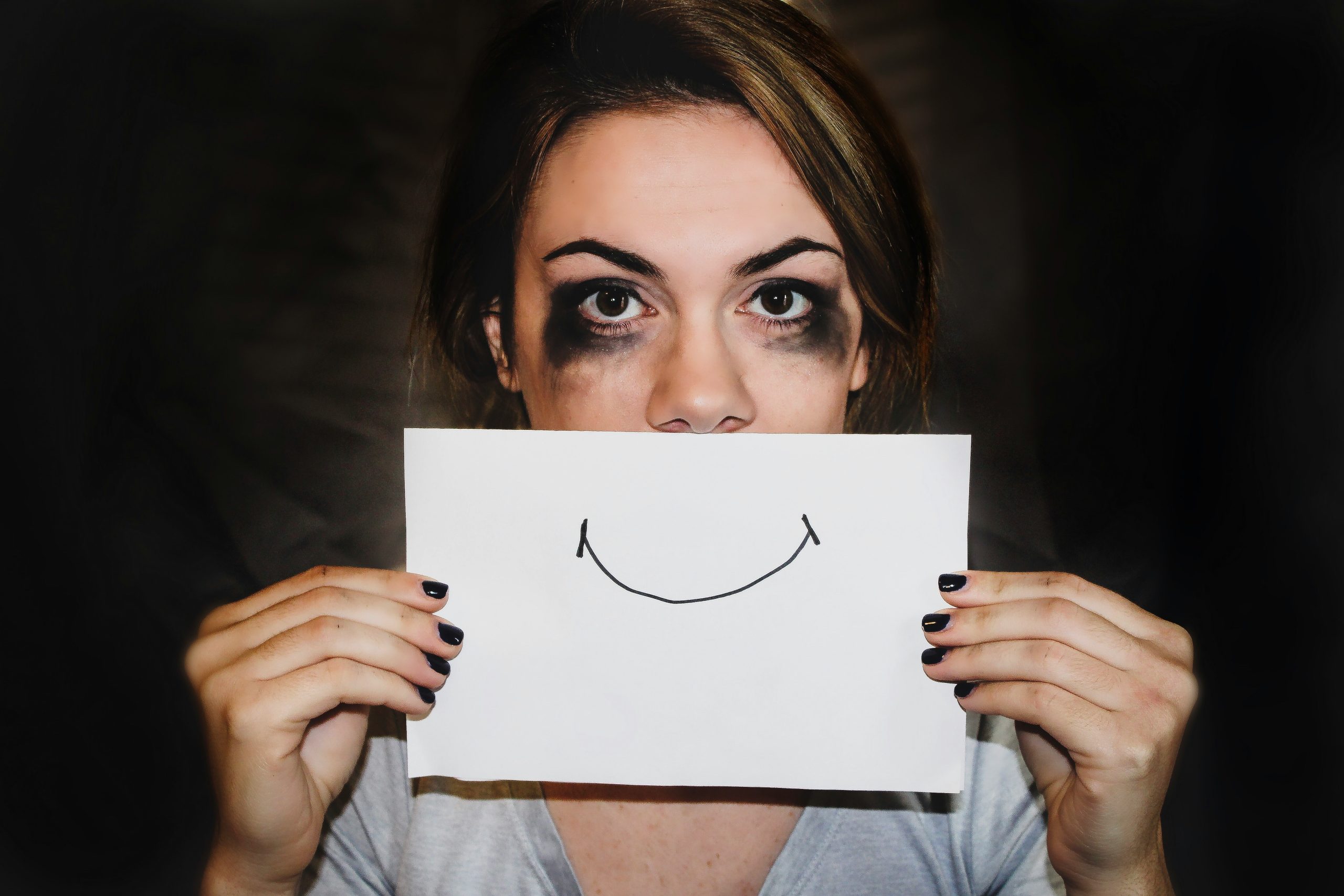Signs and symptoms of substance abuse
Substance use for recreational purposes, rather than for medical purposes, is referred to as substance abuse. People who use illegal substances, as well as legal medications that are used for different purposes than their intended use, are victims of substance abuse. In most instances, substances are abused in excessive amounts.
What is addiction?
It is a condition where a person is physically and psychologically dependent on a substance. Physical addiction causes tolerance to the substance, which requires the person to take more of it to get the same result. Withdrawal symptoms occur when an individual stops taking a drug or medication as a result of either addiction or tolerance. These symptoms disappear when the person resumes taking the drug or takes a higher dose. That’s why an addict has to continue taking alcohol or drugs to feel “normal”.
Besides illegal substances like heroin, cannabis, cocaine, and ecstasy, prescription medications such as tranquillizers, painkillers, and sleeping pills are also abused. Even over-the-counter or shelf medicine, including cough or herbal remedies, may be used. Healthcare professionals are increasingly concerned about the problem of alcoholism or alcohol addiction.

What are the risks of addiction?
There are several risks associated with drug or alcohol abuse. These include:
- Death or injury due to an overdose, accident, or aggression
- Brain damage, liver failure, and other health problems
- Being arrested, fined, and having a criminal record
- Self-destructive behaviour (self-harms) and destructive behaviour (harm to family and friends) An addiction to drugs or alcohol can cause financial troubles at work or school.
Feeling shame and guilt
Addicts who lie or steal to feed their habits often lose the support of their friends and family. Because of their repeated failures to control their drug or alcohol addiction, addicts experience a sense of shame and guilt.
The dilemma of denial
Despite all the detrimental effects, individuals who abuse drugs or alcohol tend to deny that they have a substance abuse problem or that drugs harm themselves or others. Some individuals even maintain that they do not have an issue at all. The denial is an outcome of addiction or dependency. A therapist can help in breaking denial by planning an intervention or speaking with the affected individual.
Co-occurring disorders
Individuals with mental problems such as Bipolar Disorder, Schizophrenia, or Attention Deficit Hyperactivity Disorder (ADHD) are at higher risk of abusing alcohol or drugs. It is critical to address the underlying condition when treating patients with substance abuse issues. Of course, it is crucial to address addiction issue as well.
Those who have substance abuse issues in conjunction with mental health problems need appropriate support of professionals.

The genetic link
According to scientific findings, certain people may have an increased susceptibility to alcohol and drug addiction. While addiction runs in families, it can be caused by external factors such as stress, poverty, and other illnesses. Drug abuse is a common problem caused by peer pressure, low self-esteem, and emotional distress.
A person may start to rely on alcohol or drugs to escape from challenging situations or manage difficult emotions if they abuse drugs to feel better or cope with issues. They may also lose or never acquire the skills necessary to cope with life.
Getting help
While an addict may believe that they can get out of the spiral of addiction on their own, it is always better to get professional support.
AddictionsUK offers comprehensive care for individuals affected by addictions issues – from home detox to continued therapy that helps in preventing a relapse.
The therapist addresses low self-esteem, emotional instability, eroded value systems, and broken relationships, all at the same time. AddictionsUK also provides housing for recovering addicts.
If you or a loved one is struggling with addiction, call Freephone 0800 140 4044
Freephone: 0800 140 4044
Local rate: 0300 330 3040



